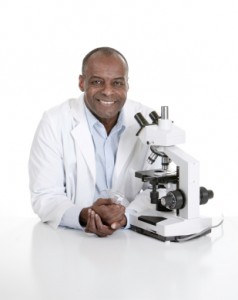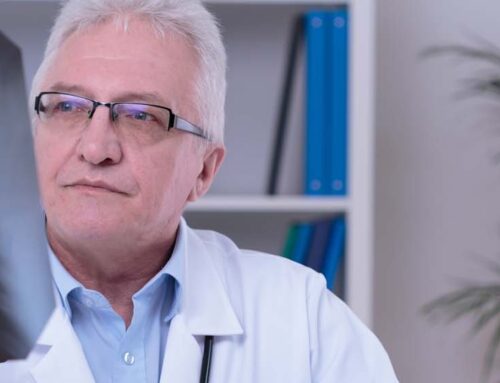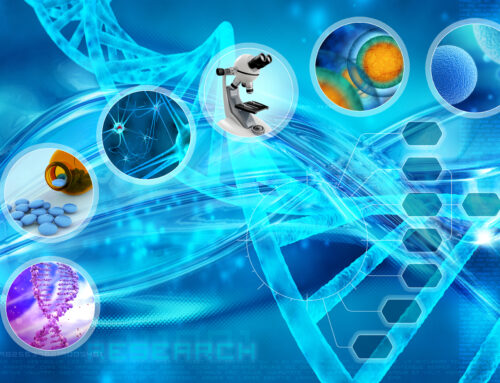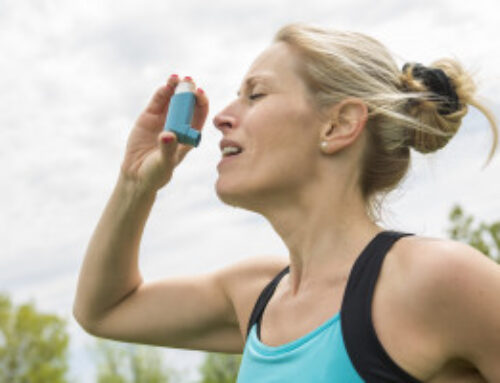Did you know that scientists have been developing biosensors for the early diagnosis of such diseases as lung cancer? Sadly, for many lung cancer patients, the diagnosis comes too late for treatment.
To assist doctors in early detection, the Florida Lung Doctors have recently learned of new tools being developed by the international research and development company, “Tecnalia.”
 Scientists, through the “Interreg” project, called “Medisen,” have been working world-wide to create life-saving bio-sensors sensitive to lung cancer, as well as some other diseases.
Scientists, through the “Interreg” project, called “Medisen,” have been working world-wide to create life-saving bio-sensors sensitive to lung cancer, as well as some other diseases.
Does this sound like science fiction? Explained simply, the amazing biosensors work on the basis that changes in health are reflected in your exhaled breath. To activate the test, the patient needs exhales into a device very simular to an asthmatic inhaler.
How does a biosensor work? Healthy or ill, your breath is comprised of many organic compounds. You exhale such compounds as acetone, methanol, butanol and hydrocarbons.
First, the scientists discovered that no one, single, simple, specific component is capable of acting as a marker for the diagnosis of lung cancer.
Armed with this data, doctors discovered which biomarkers indicated lung cancer.Secondly, they discovered the he sensors must be designed and calibrated to gather a range of biomarkers and combinations.
 According to scientists at Tecnalia, the sensors show certain compounds “at 1-20 parts per billion (ppb) in healthy human breath.” They measure the same compounds at “10-100 parts per billion in the breath of sick patients.”
According to scientists at Tecnalia, the sensors show certain compounds “at 1-20 parts per billion (ppb) in healthy human breath.” They measure the same compounds at “10-100 parts per billion in the breath of sick patients.”
Many details about this research were recently released as we closed the year 2011. Here in Orlando, the Lung Doctors are proud to know we have begun 2012 with such optimistic research for lung cancer patients.
Science is busily creating new tools to facilitate lung cancer at the initial stages of the illness. For more information we refer you to the Scientific Daily.





